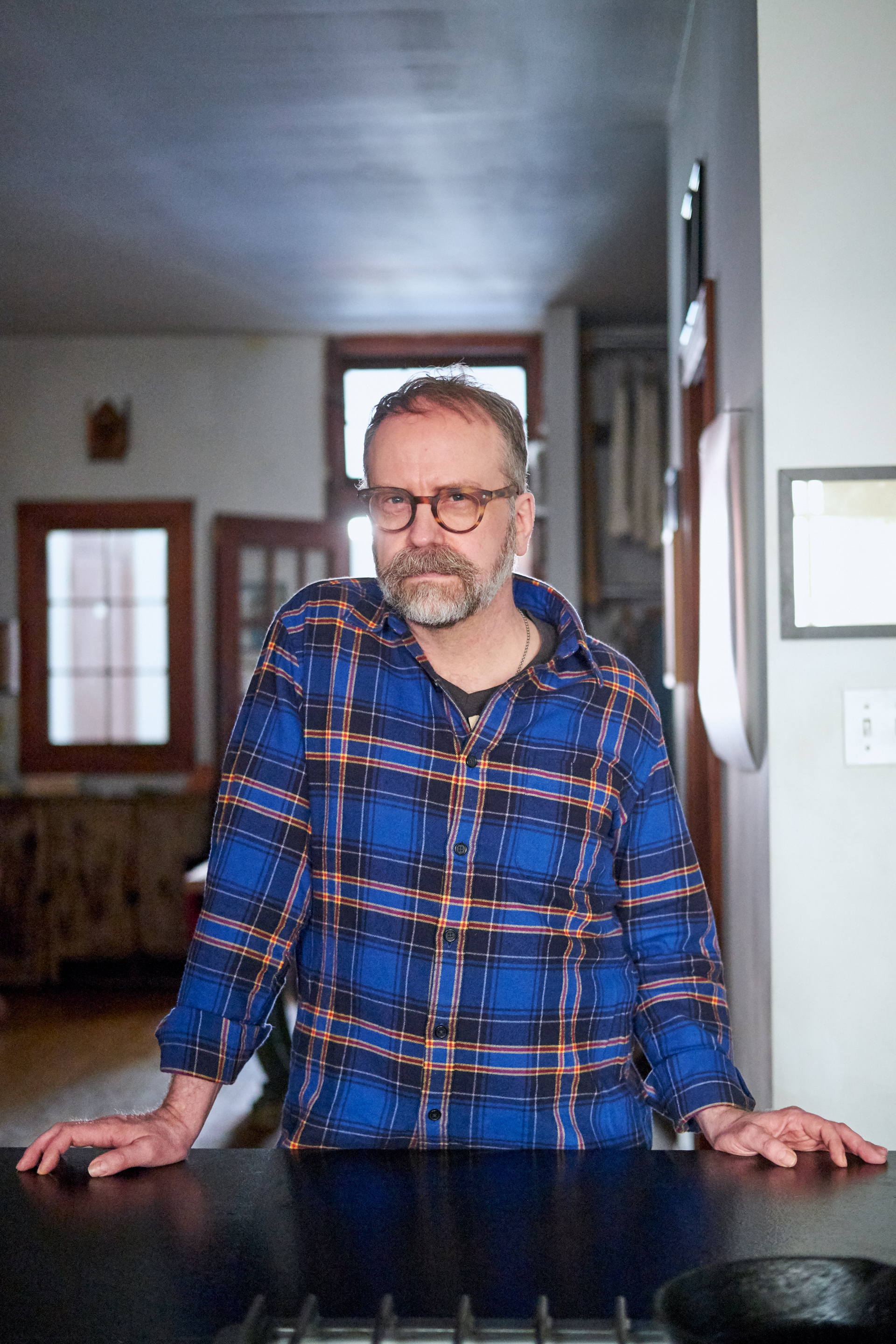In the United States there are maybe three religions people are allowed to openly mock, Mormonism being one of them. A lot of friends, and a lot of strangers, have asked me questions about it and I’ll openly talk. But then it always comes down to, ‘tell me the secrets. They don’t understand why I won’t go there. It doesn’t matter what I think about the church, there was a time in my life where I truly tried everything in my faculties to get myself to believe and behave as though I was standing in front of God and making this promise in dead earnestness. I took all of it very seriously. To be talking about parts of it as a parlor story so that you can giggle makes me really uncomfortable. You don’t mock somebody’s belief system, it’s not okay. It wasn’t a subtle thing in my life.
My father’s family ranch was a quarter mile from the corner where Utah meets Wyoming. Our Mormon community was more spiritually and culturally Wyoming than Utah; meaning, super, super Mormon, almost sketchy edgy isolationist Mormon. But, I didn’t grow up on the ranch, I grew up in a tiny military town outside Las Vegas. In military towns, people come and go from a really great cross-section of America. I cannot even tell you what a huge impact that had on my life. For instance, all my cousins lived in towns that were 98% Mormon, meanwhile my siblings and I had never even played with other Mormon children.
I was raised to have a sensitivity to faith, but I think faith is misunderstood as the outcome. I was told that God would answer my questions, but there was a rigidity: here’s the question, here’s how you ask it, and here’s the only acceptable outcome. That’s not how experimentation actually works. Then to make me feel ashamed or guilty or as if I somehow failed because I can’t stand up and say that I have the same answer as everybody else—that’s nonsense! You can’t ask a question if you already know the answer. That’s not a question, that’s not pursuing the truth. That is all ultimately what failed for me. Faith is the evidence of things hoped for but not seen. So for me, to leave the congregation was an act of faith. It also means that we rely on faith only up to the point where we have generated access to evidence. Once we have evidence, holding onto the faith that got us there is damaging. It is the same mistake as holding onto a hypothesis after the evidence refutes it.
While I was at BYU, I was constantly engaged in this conflict with my teachers who were so worried about my salvation. It was this struggle between answering my questions in a truthful way and trying to save me. I always had a lot of uncertainty, and I had a very strong compulsion to be forthright about that uncertainty. I was also really forthright with my parents. I sat them down and said. This thing is not working for me and I want you to consider me no longer a believer or a practitioner of this religion. My father started approaching me in this way of me being uncertain if God exists. It’s like, Oh no, you misunderstand. I didn’t come to a conclusion about not believing in God. I believe that the god you describe is an asshole.
I came to this simple conclusion: Whether or not God exists is not my question, that’s somebody else’s question. I ask myself something different: What would I change in my life if I believed in God? In other words, what is the belief in God facilitating in my life? How am I using that belief? Eventually I came to the conclusion that I wouldn’t change anything about my value system whether God was standing next to me or not. Then, whether God exists or not, I simply don’t care anymore.
I was extraordinarily cautious about leaving. I decided that I would not allow myself to commit any major sin for at least three years after I had declared my separation from religion. This left me having my first drink and my first sexual encounters beginning at age 26. I was at BYU for several years while I was trying to build a new system for navigating ethics.
